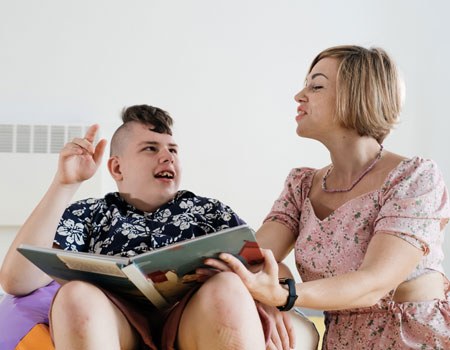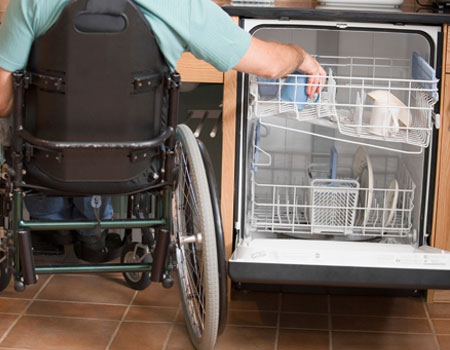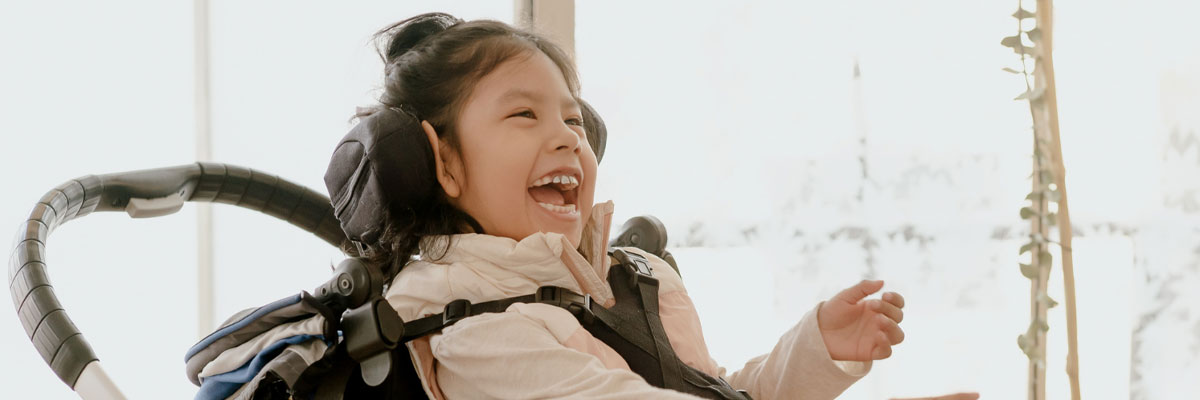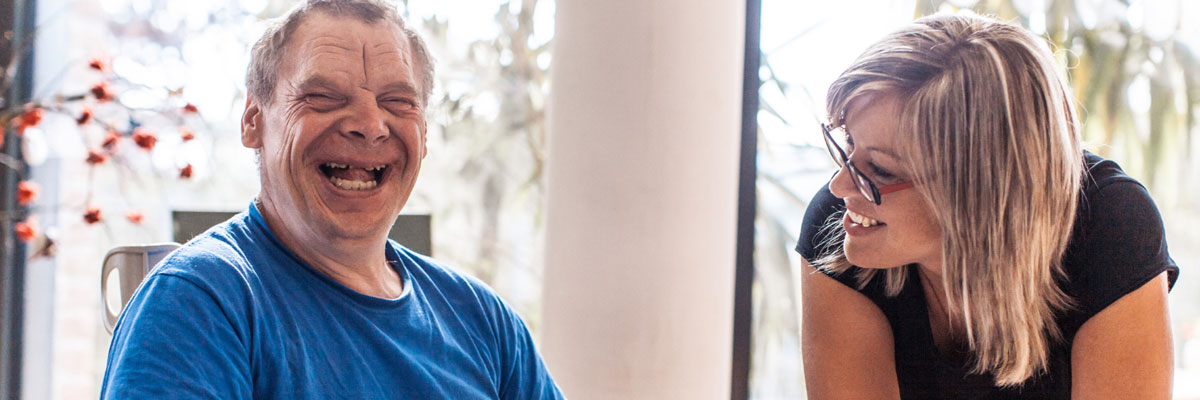Article 25 of the UNCRPD highlights the obligation of Ireland to the right to the enjoyment of the highest attainable standard of health without discrimination on the basis of disability. Additionally, article 26 states that Ireland should support people with disabilities to attain and maintain maximum independence, full physical, mental, social and vocational ability, and full inclusion and participation in all aspects of life.
For children:

- Over 50% of the families of children surveyed are not in receipt of any service.
- 85% reported that they have waited or continue to wait for more than a year.
- Of these families, 27% were waiting 2-4 years, 16% were waiting, 4-6 years and 5% for 6 years or more.
- 48% of families cited difficulties with communication from the services as one of their top 3 issues with the service.
- 19% of families mentioned concerns about the quality of service.
For Adults:

While the Disability Capacity Review was necessary to outline the lack of existing disability services and support, it should not lead to the funding of an outdated model of service provision that is not fully respectful of people’s rights. We are in danger of getting more of the same; people with disabilities with little choice and control over their lives. We need to stop funding exclusion and look towards funding truly inclusive, person-led models of support.
Some of the funding allocated to services must be redirected to people themselves to ensure they have full control over the support they receive. Funding should support the innovation and development of user-led budgets like personalised budgets and community-led housing.
More than half of the people with intellectual disabilities surveyed for our Budget Submission 2024 reported long delays in seeing a dentist, or a hospital consultant and accessing mental health services.
At Inclusion Ireland we call for:
- A comprehensive strategy to address the workforce planning issues and up to 1/3 of posts on therapy teams are vacant. This must include retention as well as recruitment issues as an urgent priority.
- An increase to the funding available for personalised budgets.
- Full-time individualised services to people who only have access to “day services” on a part-time basis. Make sure that any additional funding towards “day services” is for more creative, individualised support in line with New Directions Policy.






